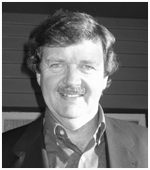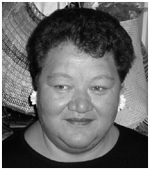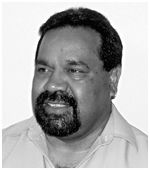While Dulwich Centre is located in Adelaide, Australia, you can find our team members in many different parts of the world. Different faculty members and community workers are engaged in diverse projects.
Adelaide Team

Cheryl White is the Director of Dulwich Centre and the founder of Dulwich Centre Publications where she works as publisher, editor, teacher, training co-ordinator, conference host, and initiator of projects. Cheryl is the author/co-editor of various books, including A memory book for the field of narrative practice and Conversations about gender, culture, violence & narrative practice: Stories of hope and complexity from women of many cultures. More information about the work of Dulwich Centre Publications can be found in the book A community of ideas: Behind the scenes. Cheryl is particularly interested in finding ways to support the work of practitioners in difficult and challenging contexts. She is the Secretary of the Dulwich Centre Foundation which is vitally interested in the interface between narrative therapy and work with wider groups and communities.

- Do you want to hear a story? Adventures in collective narrative practice
- Retelling the stories of our lives: Everyday narrative therapy to draw inspiration and transform experience
- Collective narrative practice: Responding to individuals, groups, and communities who have experienced trauma
- Working with memory in the shadow of genocide: The narrative practices of Ibuka trauma counsellors
- Beyond the prison: Gathering dreams of freedom
- Team of Life: Offering young people a sporting chance (DVD)
- Strengthening Resistance: the use of narrative practices in working with genocide survivors (with Jill Freedman and Cheryl White)
- Queer counselling and narrative practice (editor)
- Family therapy: Exploring the field’s past, present and possible futures (editor)
- Trauma: Narrative responses to traumatic experience (editor)
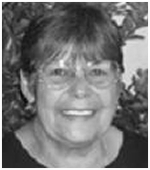
Barbara Wingard has been involved with Dulwich Centre since 1994 when she played a key role in the Reclaiming our stories, reclaiming our lives’ gathering for Aboriginal families who had lost a family member due to deaths in custody. Barbara was one of the first group of Aboriginal Health Workers trained in South Australia. She is the co-author, with Jane Lester, of the influential book Telling our stories in ways that make us stronger. Barbara is one of the teaching team of the Dulwich Centre Foundation. She also plays a key role in Dulwich Centre’s engagement in community projects. Barbara was named Elder of the Year (Female) in South Australia in 2008 and she is a current Commissioner for the Environmental Resources and Development Court.
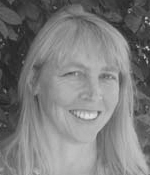
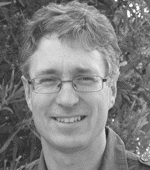
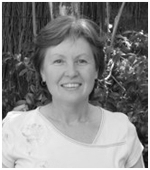
Jane Hales started work in reception at Dulwich Centre on 30 April 1984, and has very much enjoyed her time here being involved with the office work, typesetting and layout of the journals and books, general accounting, workshop and conference organising including travelling to Atlanta and Liverpool for the conferences, database management, managing bookstalls, and more! Currently Jane is working as an assistant to Cheryl White.
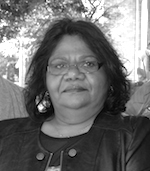
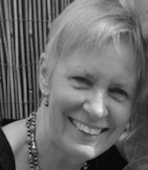
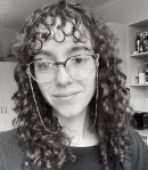
Charlotte England has worked at Dulwich Centre since June 2018 as an admin officer and as the Student Liaison for the Master of Narrative Therapy and Community Work. She completed a Bachelor of Psychological Science in 2018 and a Master of Human Rights in 2021.
National and International Faculty



Ben is a Family Therapist who has many years of experience working in public and independent settings primarily in social work and child and adolescent mental health in London, UK and in Perth, Australia. He has completed the Masters in Narrative Therapy and Community Work. In addition to teaching with Dulwich Centre on national and international courses, is a faculty member of The Institute of Narrative Therapy (UK) and PartnershipProjectsUK. Ben thoroughly enjoys exploring and stretching narrative therapy in teaching and in his practice. In recent years Ben has worked alongside young people and their families in diverse contexts. This includes working with: families where child and adolescent-to-parent violence is a concern; foster families; children and young people bereaved through suicide; and Rainbow Community House, a not-for-profit youth mental health service for young people of diverse genders, sexualities and bodies. Ben also works in independent practice.
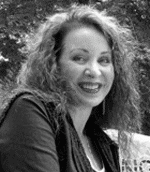
Lorraine Hedtke (MSW, LCSW, PhD) is a professor at California State University San Bernardino, where she teaches school counselling and coordinates the program in Counselling and Guidance. Lorraine’s career has blended clinical practice and educational endeavor. She writes, researches, and teaches about social constructionist practices in conversations with the dying and the bereaved. She regularly teaches about death, dying, and bereavement and narrative therapy throughout the United States and internationally. She is an associate member of the Taos Institute in the US. Her articles have appeared in numerous professional and trade publications and newspapers. Along with John Winslade, she is the co-author of Re-membering lives: Conversations with the dying and the bereaved. Her children’s book, My grandmother is always with me, is co-authored with her daughter, Addison. Further information and articles can be found at https://rememberingpractices.com/.
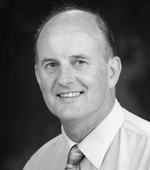
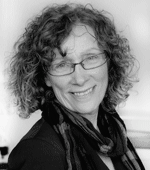
Ruth Pluznick is the clinical director a public children’s mental health centre in Toronto and a senior faculty of Narrative Therapy Centre. For the past three years, Ruth and her colleague, Natasha Kis-Sines have participated in the ‘gathering stories ‘ project initiated by Dulwich Centre, developing narrative ideas and practices where a parent is experiencing mental health difficulties. Ruth’s agency, Oolagen Community Services, is also involved in a partnership with Dulwich Centre in an initiative designed to foster intergenerational alliances within the Tamil and other multicultural communities in Toronto and the Kite of Life exercise.
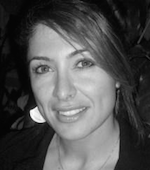
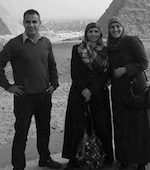

David Newman lives and works in Sydney. He works part time in a psychiatric unit for young people and has an independent counselling practice. David has recently taught in Turkey, Hong Kong and Palestine. He is currently passionate about working with those who are struggling with suicidal experience, narrative approaches to mental health work and the possibilities of group work. He is the author of the influential paper ‘Rescuing the said from the saying of it: Living documentation in narrative therapy’.
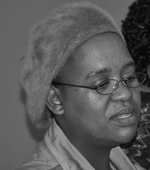
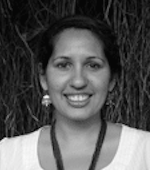
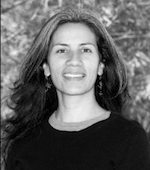
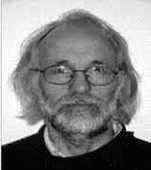
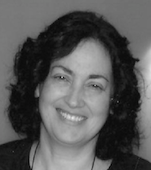
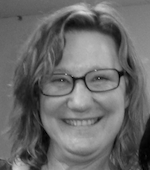
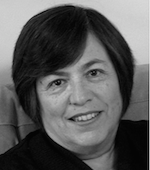
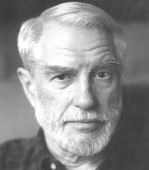
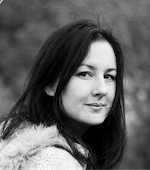
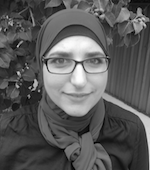
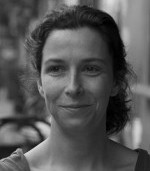
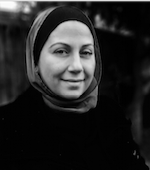
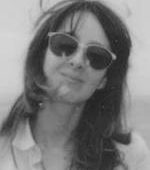
An accidental web-developer, Sarah picked up some programming skills while stranded for a few months in Silicon Valley in 2013. Since then, it has been her pleasure to work with narrative therapists (in her off-hours), to create an engaging presence for narrative therapy online. In particular she is the architect of the Dulwich Centre’s always-evolving website. In her day job Sarah content consultant (working mostly with B-Corps). She is also a published poet, essayist and occasional freelance journalist. She lives in Aotearoa, New Zealand.
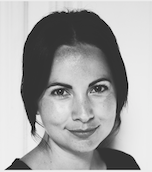

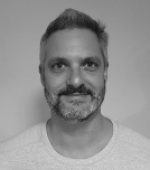
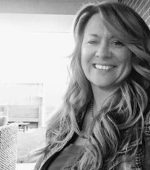
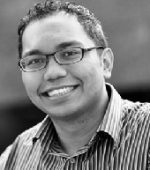
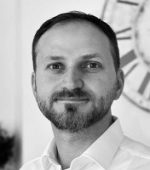

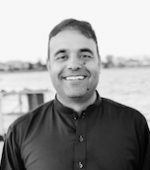
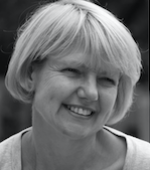
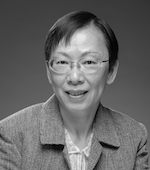
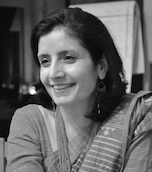

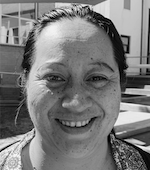
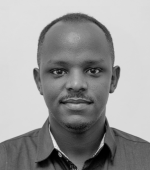
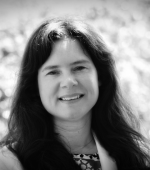
Marnie Sather works as a narrative therapist in Melbourne, Australia. She has a long-standing passion for making room in therapeutic and community work for complex understandings of suicide, including those bereaved by suicide. Her current research interest is women’s and children’s experience of bereavement as a result of suicide. She is the author of ‘Saying hullo, goodbye, or both? Multi-storied re-membering practices to assist women in the transition after the loss of a male partner to suicide.’ Marnie along with David Newman and Dulwich Centre Foundation complied a resource for people bereaved by suicide called Holding our Heads Up.
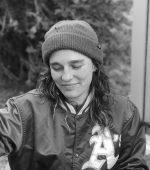
Frankie is a poet, and peer narrative practitioner, based in Narrm (Melbourne) Australia. They work in community organisations and inpatient settings with folks whose responses to a range of social, racial, gendered and economic issues, are often given the label of ‘mental illness’ or ’emotional distress’. Frankie enjoys working to uplift the insider knowledge of individuals and groups and collaborating alongside folks from LGBTIQ+ communities, of which they hold membership. Frankie is committed to working towards both healing and social justice with those experiencing oppression and hardship.
Consultants


